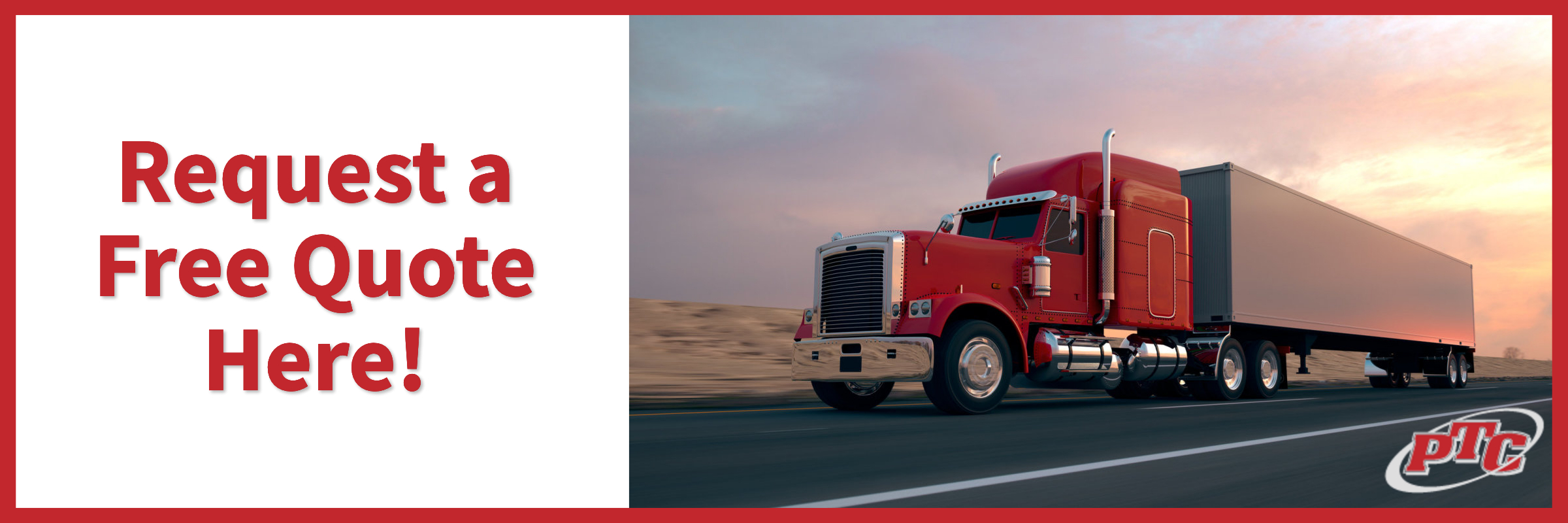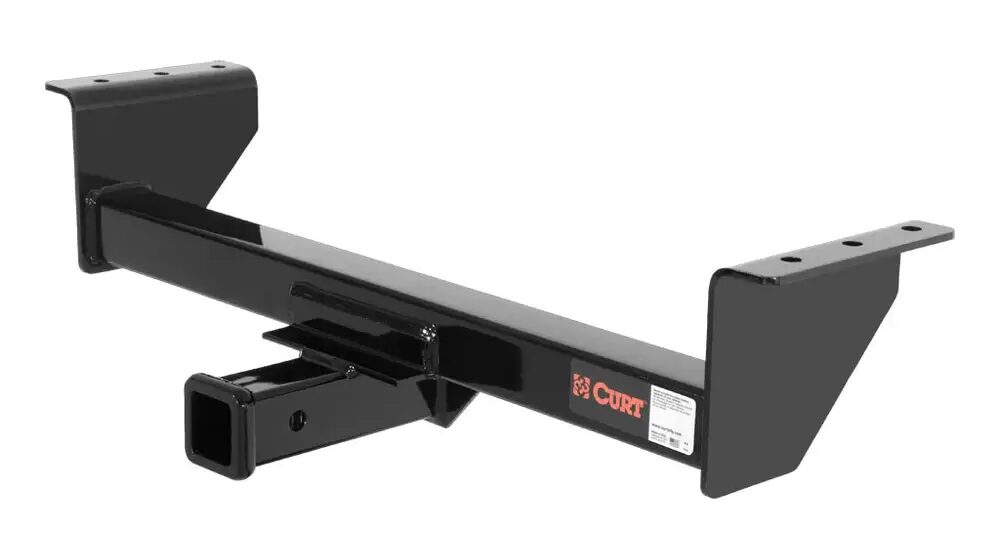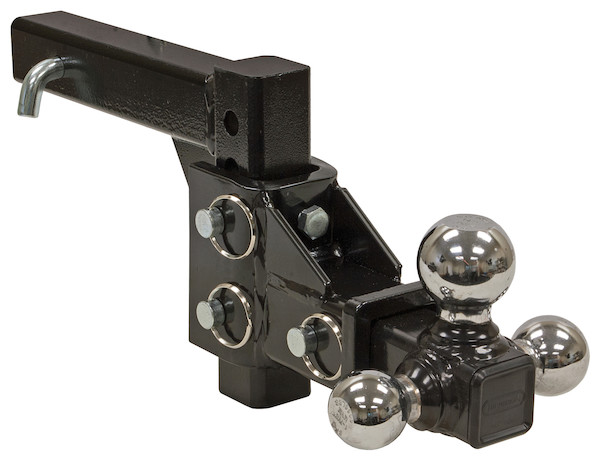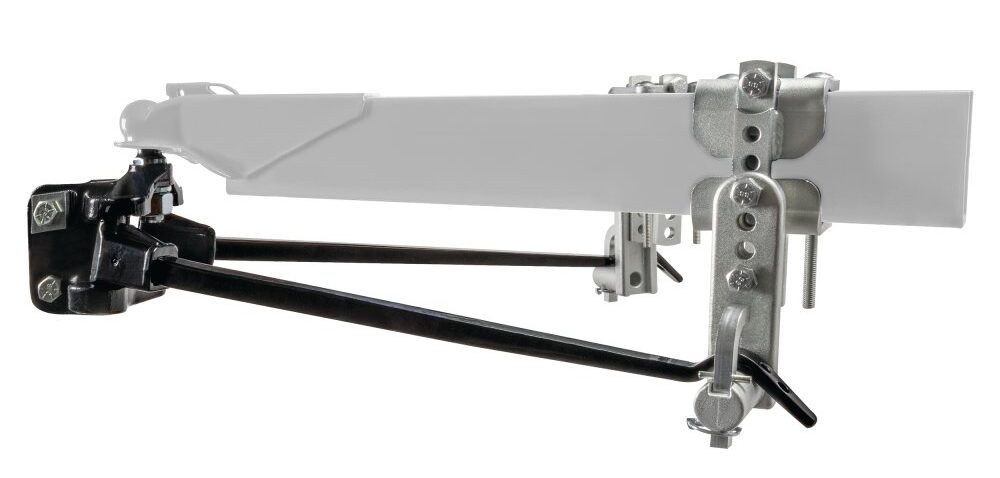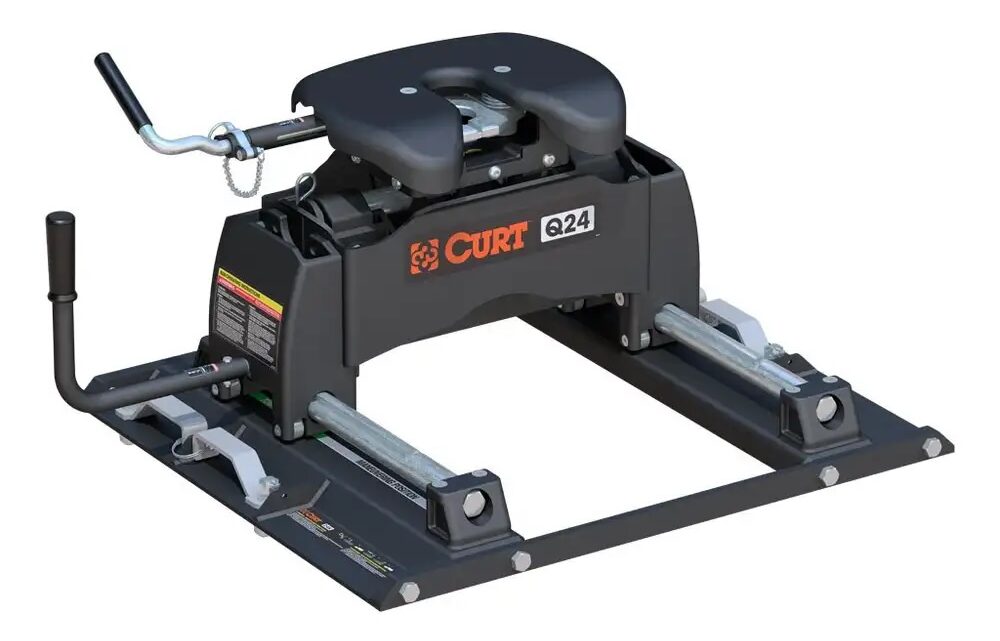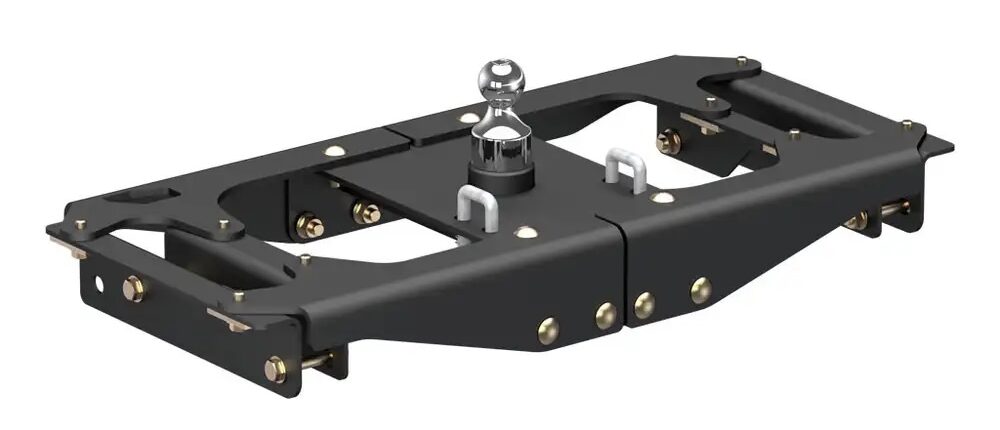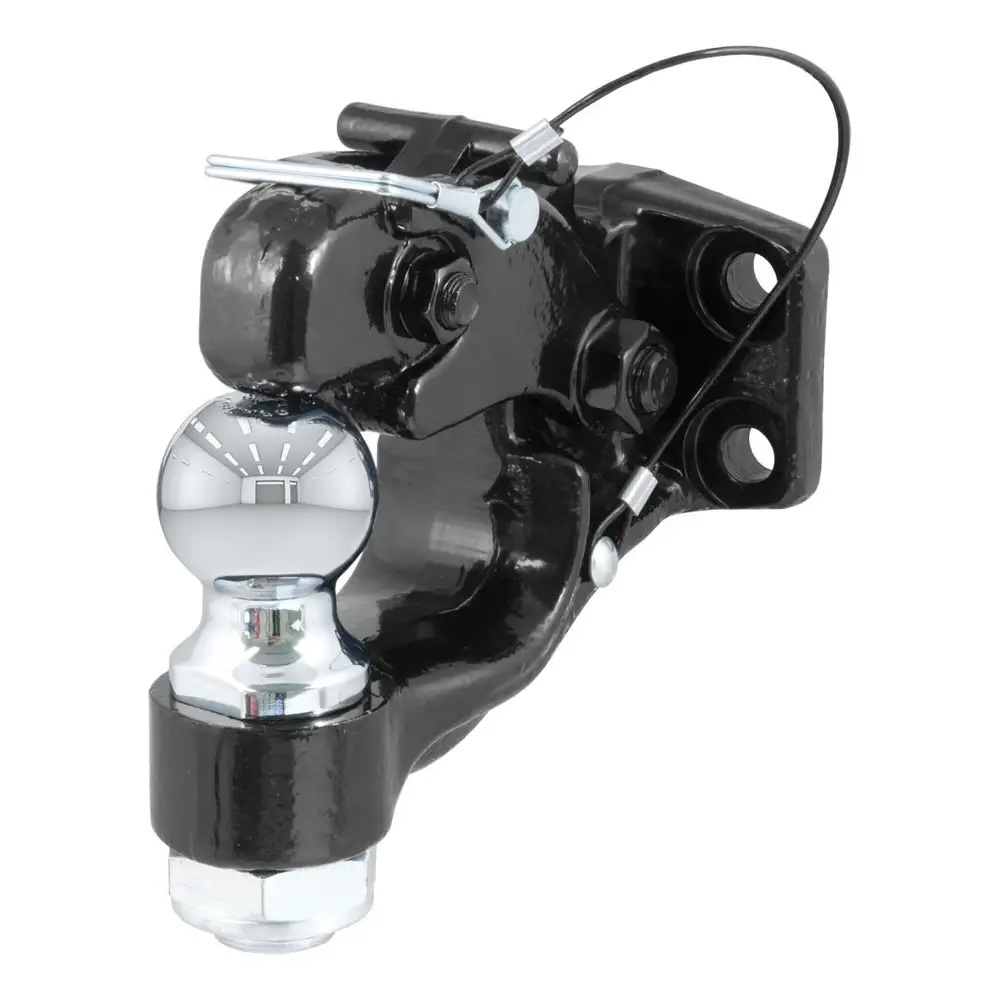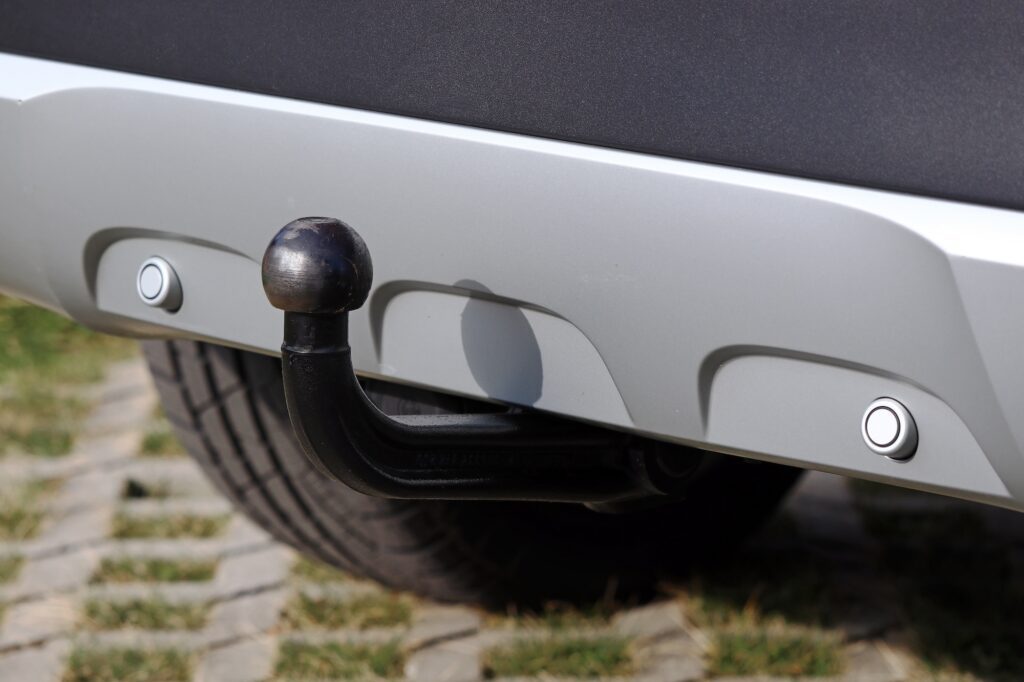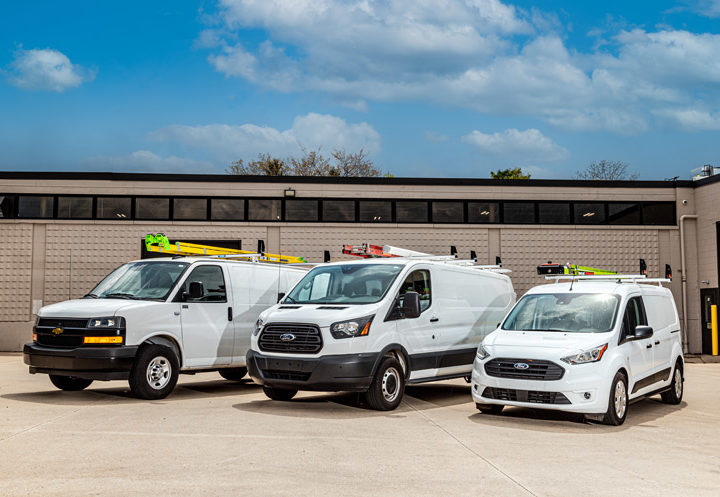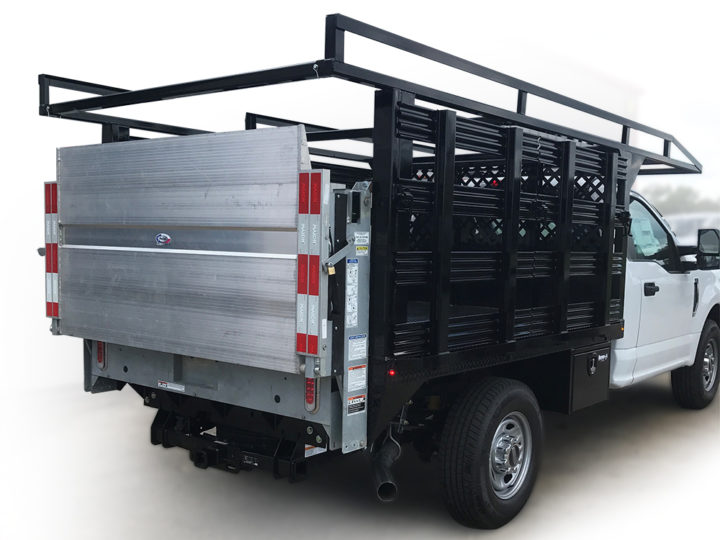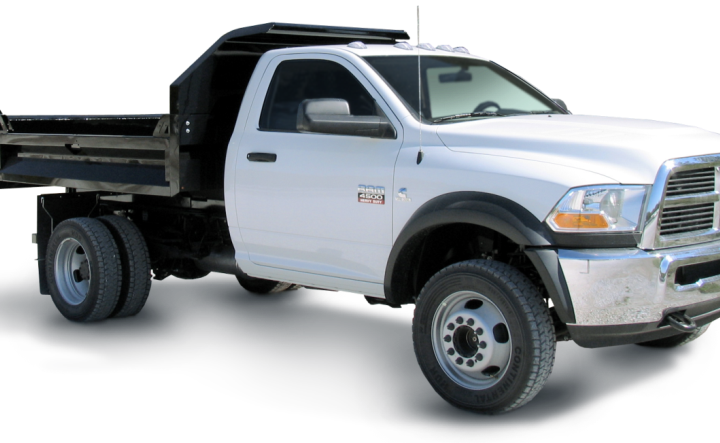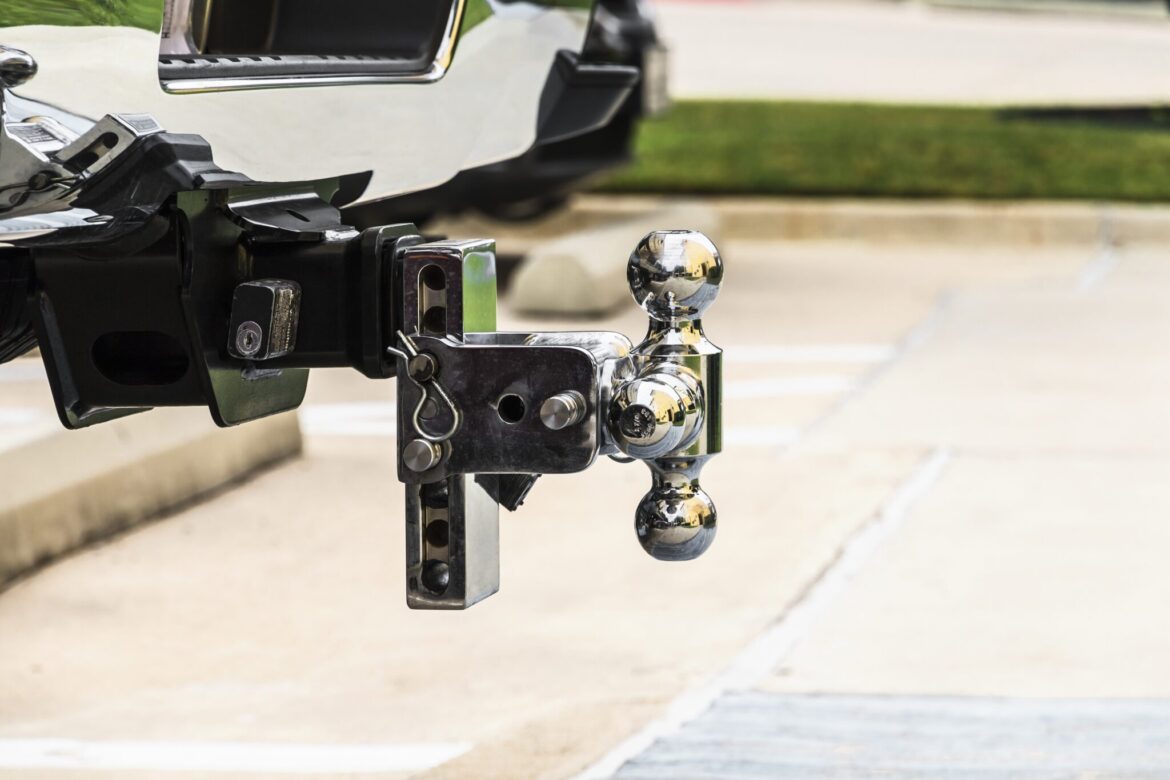

Navigating the world of trailer towing requires more than just a strong vehicle; it’s about choosing the right hitch for the job. This selection can become quite complex, given the wide range of trailers, each with its own specific hitch classes and towing capabilities. The task of picking the perfect hitch is not just about matching it to your vehicle and trailer. It’s about ensuring a safe and efficient towing experience.
However, the choice of a trailer hitch goes far beyond mere functionality. It’s a critical decision impacting road safety. The National Highway Traffic Safety Association reports that over 50,000 accidents annually involve trailers towed by passenger vehicles. These statistics highlight the importance of not only selecting the right hitch for your towing needs but also understanding the safety implications that come with it. A well-chosen hitch can mean the difference between a smooth journey and a potential road hazard.
Types of Trailer Hitches: An Overview
Trailer towing, or trailering, is a common practice, ranging from a subcompact car pulling a kayak trailer to a full-size truck towing a flatbed trailer. This diversity in vehicle-trailer combinations necessitates a wide range of trailer hitches, each designed to meet specific towing requirements. For truck owners, customization enthusiasts, and commercial fleet managers, understanding these variations is key to ensuring both safety and efficiency. This guide provides an in-depth look at the different types of trailer hitches, focusing on their unique features and applications, to help you make an informed decision for your towing needs.
Understanding Hitch Classes and Towing Capabilities
Trailer hitches are categorized into different classes based on their towing capacity and vehicle compatibility. This classification is essential for selecting a hitch that matches your towing needs and vehicle specifications. Here’s a breakdown of the common hitch classes:
- Class I Hitches:
- Towing Capacity: Up to 2,000 pounds
- Suitable for: Small cars and crossovers
- Ideal for: Light-duty towing such as small trailers, bike racks
- Class II Hitches:
- Towing Capacity: 2,000 to 3,500 pounds
- Suitable for: Midsize cars, minivans, and small SUVs
- Ideal for: Moderate towing like small boats, utility trailers
- Class III Hitches:
- Towing Capacity: 3,500 to 5,000 pounds
- Suitable for: SUVs, vans, and light trucks
- Ideal for: Larger trailers, campers, boats
- Class IV Hitches:
- Towing Capacity: 5,000 to 10,000 pounds
- Suitable for: Full-size pickups and SUVs
- Ideal for: Heavier campers, large boats, and horse trailers
- Class V Hitches:
- Towing Capacity: 10,000 to 20,000 pounds
- Suitable for: Heavy-duty trucks
- Ideal for: Large campers, commercial trailers, and heavy equipment
Each class provides a guideline for the maximum weight your vehicle can safely tow. It’s important to note that the towing capacity also depends on your vehicle’s specifications. Always consult your vehicle’s manual and a professional to ensure safe and efficient towing.
Standard Types of Truck Hitches: Bumper and Ball Hitches
Among the myriad of hitch options, bumper and ball hitches stand out for their widespread use and versatility. These hitches cater to a range of towing needs, from light to moderate, and are commonly found on personal and commercial vehicles alike.
Bumper Hitch: Simple and Effective
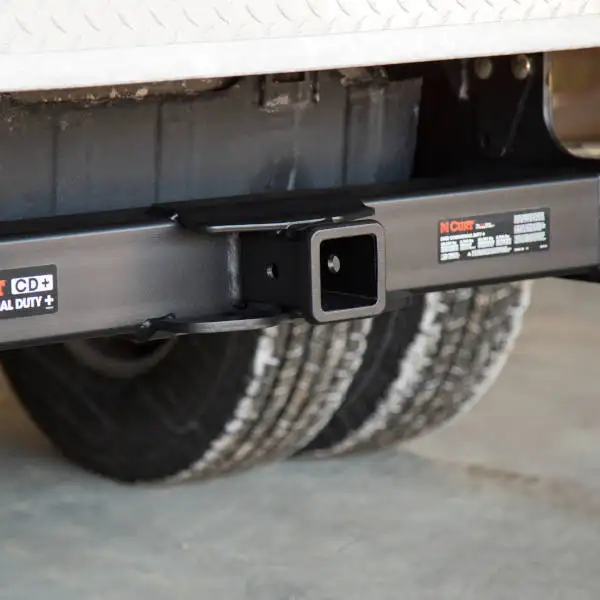
The bumper hitch is a straightforward yet efficient solution for light towing needs. Here’s a closer look:
Applications:
-
-
- Ideal for towing small trailers, bike racks, and cargo carriers.
- Commonly used for recreational activities like transporting bikes or small watercraft.
-
Advantages:
-
-
- Easy to install and remove.
- Less expensive compared to other hitch types.
- Does not alter the vehicle’s ground clearance.
-
Disadvantages:
-
-
- Limited towing capacity.
- Not suitable for heavy or large trailers.
- Puts stress directly on the vehicle’s bumper.
-
Alternatives:
-
- Receiver hitches for higher towing capacity.
- Ball hitches for more versatility.
Ball Hitch: The Universal Towing Solution
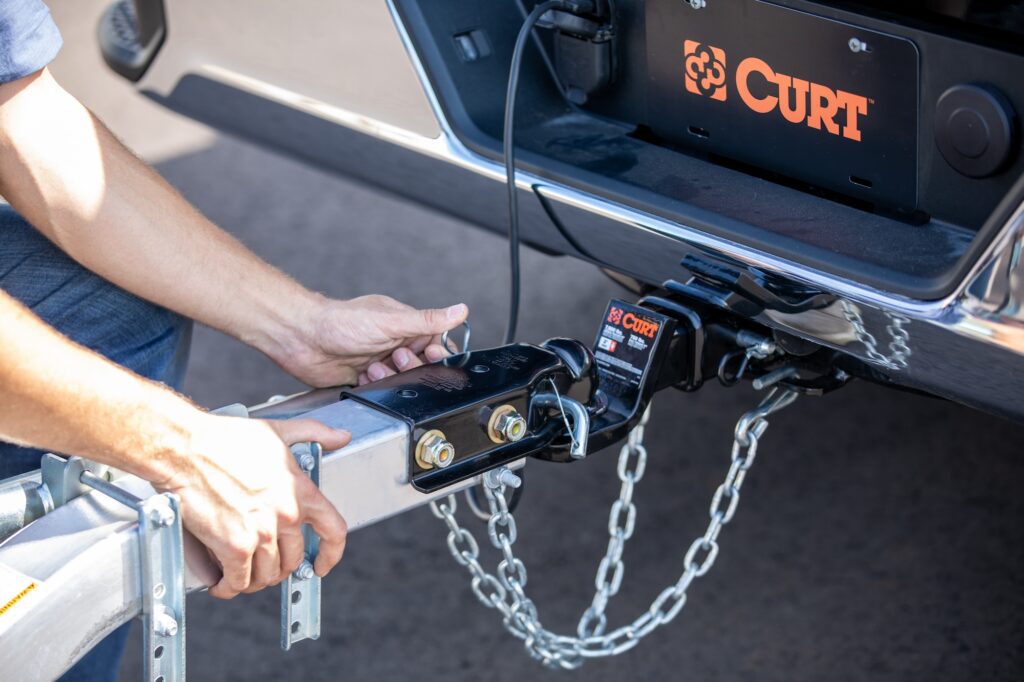
Ball hitches are renowned for their versatility and are a staple in the towing world. Here’s an overview:
Applications:
-
-
- Versatile for towing utility trailers, boat trailers, and campers.Suitable for both personal and commercial use.
-
Advantages:
-
-
- Wide range of towing capacities, fitting various needs.
- Compatible with many vehicles and trailers.
- Easy to connect and disconnect.
-
Disadvantages:
-
-
- Limited to the ball size and weight rating.
- May require different ball sizes for different trailers.
- Does not offer sway control for larger trailers.
-
Alternatives:
-
-
- Receiver hitches for more customization.
- Weight distribution hitches for better stability with heavy loads.
-
Receiver Hitches: Versatile and Adaptable
Receiver hitches are a standout choice in the towing world, known for their versatility and adaptability. They cater to a wide range of towing needs, from leisurely weekend adventures to serious commercial hauling.
Receiver Hitch: A Versatile Option
Receiver hitches are a popular choice for their adaptability and wide range of applications. They are designed to handle a variety of towing needs with ease.
Applications:
-
-
- Ideal for medium to heavy-duty towing, including boats, campers, and utility trailers.
- Common in SUVs and trucks due to their higher towing capacity.
-
Advantages:
-
-
- Offers a range of towing capacities, suitable for different needs.
- Compatible with various hitch-mounted accessories.
- Removable ball mounts allow for easy adjustment and versatility.
-
Disadvantages:
-
-
- More complex installation compared to bumper or ball hitches.
- Higher cost than simpler hitch types.
- Can reduce ground clearance.
-
Alternatives:
-
-
- Bumper hitches for lighter towing tasks.
- Gooseneck hitches for heavier and larger trailers.
-
Adjustable Hitch: Flexibility for Different Trailers
Adjustable hitches stand out for their ability to adapt to different trailer heights and types, offering unmatched flexibility.
Applications:
-
-
- Perfect for vehicles that tow various types of trailers.
- Useful for adjusting to different trailer tongue heights.
-
Advantages:
-
-
- Allows for precise height adjustment to match different trailers.
- Enhances towing safety by ensuring proper trailer leveling.
- Versatile and can be used with multiple vehicles and trailers.
-
Disadvantages:
-
-
- Generally more expensive than fixed hitches.
- Can be heavier and more cumbersome to handle.
- Requires adjustment, which might not be convenient for all users.
-
Alternatives:
-
-
- Fixed ball hitches for consistent towing needs.
- Receiver hitches for a balance of versatility and ease of use.
-
Weight Distribution Systems: Enhancing Stability and Safety
Weight distribution systems are crucial for balancing heavy loads, especially in larger towing setups, enhancing both stability and safety.
Applications:
-
-
- Essential for towing heavy trailers, such as large campers or horse trailers.
- Used when the trailer weight is significant compared to the towing vehicle.
-
Advantages:
-
-
- Distributes trailer weight evenly across the vehicle’s axles.
- Reduces trailer sway and improves handling and braking.
- Increases towing capacity and safety.
-
Disadvantages:
-
-
- More complex setup and adjustment process.
- Higher cost compared to standard hitches.
- Not necessary for light to medium towing tasks.
-
Alternatives:
-
-
- Standard ball hitches for lighter loads.
- Receiver hitches for medium-duty towing without weight distribution.
-
What is a Weight Distribution Hitch?
A weight distribution hitch is an advanced towing accessory designed to evenly distribute the load of a trailer across the towing vehicle’s axles. This distribution is crucial for heavy towing, as it significantly enhances stability and safety. By preventing the trailer from swaying and improving overall handling, weight distribution hitches make towing large trailers, like campers or horse trailers, safer and more manageable. They are particularly beneficial when the trailer’s weight is substantial relative to the towing vehicle, ensuring a balanced and controlled towing experience.
Heavy-Duty Hitches: For Larger Loads
When it comes to towing larger, heavier loads, heavy-duty hitches are the go-to solution. These hitches are designed to handle significant weight and provide stability and safety in demanding towing situations.
5th Wheel Hitch: Heavy-Duty Towing Made Easy
The 5th wheel hitch is a specialized hitch designed for handling substantial loads, commonly used in towing large trailers and campers.
Unique Design Aspects:
-
-
- Mounting: Mounted in the bed of a pickup truck, providing a pivot point over the rear axle.
- Connection: Features a jaw-and-kingpin locking mechanism, similar to those used in semi-trucks.
- Stability: Offers enhanced stability and maneuverability, ideal for long trailers.
-
Applications:
-
-
- Perfect for large recreational vehicles (RVs) and commercial trailers.
- Commonly used for cross-country travel and heavy-duty hauling.
-
Advantages:
-
-
- Provides a smoother ride due to its central mounting position.
- Allows for sharper turns and better maneuverability.
- Offers higher towing capacity compared to conventional ball hitches.
-
Gooseneck Hitch: Superior Capacity and Flexibility
Gooseneck hitches are renowned for their high towing capacity and flexibility, making them a popular choice for a variety of heavy-duty applications.
Applications:
-
-
- Ideal for towing horse trailers, large boats, and commercial equipment.
- Frequently used in agricultural and industrial settings.
-
Advantages:
-
-
- Higher towing capacity than most other hitch types.
- The hitch ball is mounted in the truck bed, offering better weight distribution.
- Allows for a tighter turning radius, beneficial in confined spaces.
-
Design Features:
-
-
- Connects to a ball hitch in the bed of the truck, providing a secure connection.
- Often removable, allowing the truck bed to be used for other purposes when not towing.
-
Pintle Hitch: For Rugged and Heavy-Duty Towing
Pintle hitches are known for their robust design and effectiveness in rugged towing scenarios, often used in commercial and military applications.
Design and Effectiveness:
-
-
- Consists of a hook-and-lunette eyelet, creating a secure coupling.
- Designed for off-road and uneven terrain towing.
-
Applications:
-
-
- Commonly used for towing heavy machinery, construction equipment, and military vehicles.
- Suitable for environments where road conditions are challenging.
-
Advantages:
-
-
- Extremely durable and reliable under tough conditions.
- Offers more movement between the trailer and tow vehicle, reducing stress on both.
- Higher weight capacity compared to standard ball hitches.
-
Specialty Hitches: Swan Neck and Others
Beyond the standard and heavy-duty hitches, there exists a range of specialty hitches, like the swan neck hitch, each designed for specific applications and preferences.
Swan Neck Hitch: A European Favorite
The swan neck hitch, popular in Europe, is known for its unique design and functionality, bearing a resemblance to the gooseneck hitch.
Features:
-
-
- Design: Features a sleek, curved neck that extends from the tow vehicle, similar to the gooseneck hitch.
- Connection: Connects to the trailer via a ball coupling, offering a secure and stable link.
- Aesthetics: More integrated and less obtrusive design compared to traditional ball hitches.
-
Popularity in Europe:
-
-
- Widely used due to its compatibility with European car designs and towing regulations.
- Favored for its unobtrusive design, which blends well with the vehicle’s aesthetics.
-
Applications:
-
-
- Ideal for towing caravans, horse trailers, and smaller boats.
- Suitable for vehicles with limited towing capacity or where a discrete hitch is preferred.
-
Shop All Types of Trailer Hitches with PTC!
Choosing the right trailer hitch is crucial for safe and efficient towing. Whether you’re towing a small trailer for a weekend getaway or hauling heavy equipment for commercial purposes, the right hitch makes all the difference. At Pacific Truck Colors (PTC), we understand the importance of matching the right hitch to your specific towing requirements. Our extensive range of trailer hitches caters to every need, from standard ball hitches to specialized swan neck hitches.
Why Choose PTC:
-
-
- Expertise: Our team of experts can help you navigate the options and find the perfect hitch for your vehicle and towing needs.
- Quality: We offer a wide selection of high-quality hitches, ensuring reliability and durability.
- Variety: With our comprehensive range, you’re sure to find a hitch that meets your specific requirements.
-
Explore our selection and take the first step towards a safer and more efficient towing experience. Shop trailer hitches for sale from PTC and make an informed decision with the help of our experts.
